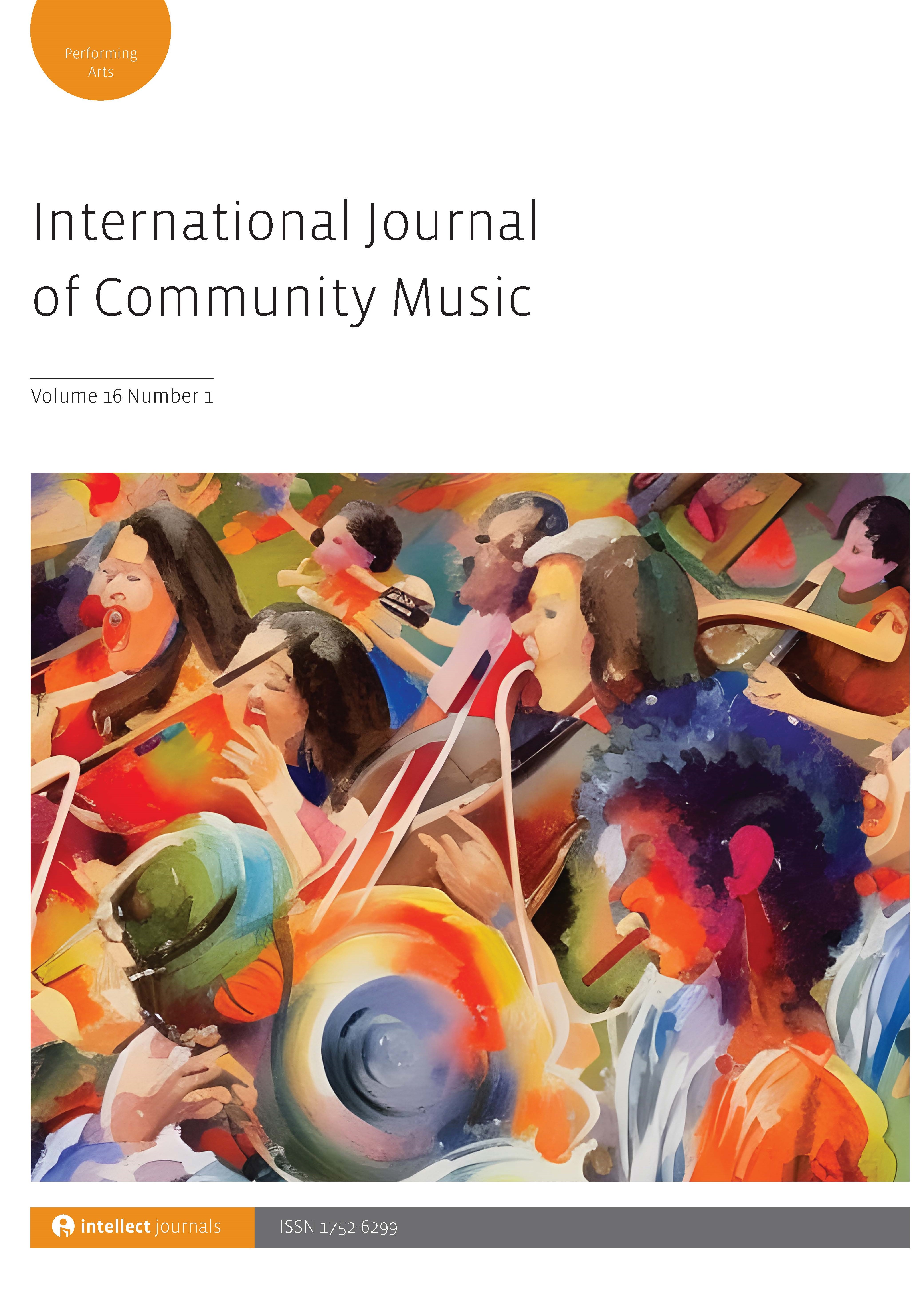
Full text loading...
 , Zoë Loxley Slump2
, Zoë Loxley Slump2 , Sally Walker2
, Sally Walker2
1:1 CONCERTS is a performance initiative where a listener and a musician share a ten-minute, non-verbal musical encounter in a non-traditional performance space. The authors conducted a survey and focus groups with musicians, listeners and ‘hosts’ (facilitators) of 1:1 CONCERTS in Australia, seeking perspectives on their experiences of the Concerts during the COVID-19 pandemic. David Camlin’s three dimensions of music – aesthetic/presentational, praxial/participatory and social – served as a framework for data analysis. The intimate locational and musical aspects of the encounter generated feelings of connection, privilege and pleasure for many participants; for some, COVID-19 lockdowns, social distancing and live-arts deprivation heightened those feelings. We argue that while 1:1 CONCERTS retain presentational features typical of western classical music concerts, the model emphasizes the praxial and social dimensions of music-making, prioritizing process as well as product in ways relevant for music and music-making as a social resource, well beyond the pandemic.

Article metrics loading...

Full text loading...
References


Data & Media loading...

Publication Date:
https://doi.org/10.1386/ijcm_00059_1 Published content will be available immediately after check-out or when it is released in case of a pre-order. Please make sure to be logged in to see all available purchase options.